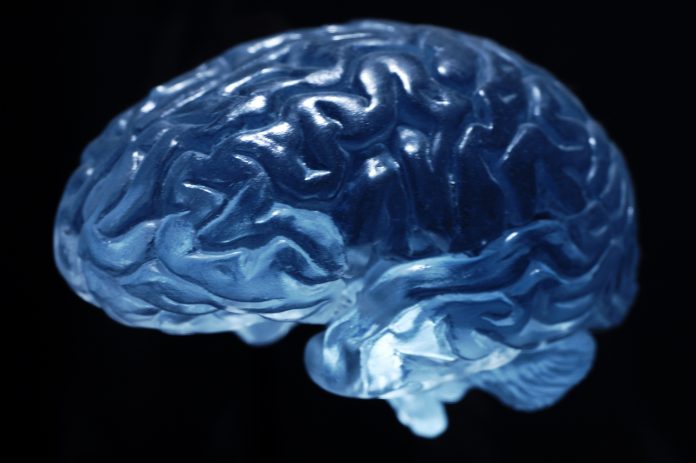The virus is described as respiratory, but recovered COVID patients can experience significant cognitive problems – such as brain fog, confusion or forgetfulness
Over the last couple of years, scientists and healthcare experts have been exploring the several consequences of having COVID. Early on, a lack of ventilators became symbolic of the severity of the virus.
While the virus is commonly understood as respiratory, the tragic reality is that the whole body is impacted by infection.
In a study conducted on 154,000 COVID patients in the Veterans Health Administration system, data confirms the importance of mental health and cognitive decline treatment for survivors.
Brain fog similar to post-Lyme disease or Chronic Fatigue Syndrome
So far, no-one can definitively pinpoint who will certainly experience the myriad symptoms of Long COVID, or how long those symptoms will last. Researchers are pointing out that all the organs of the body can be changed post-COVID, even for those lucky enough to avoid severe infection.
For instance, the virus has been known to influence a person’s likelihood of mental health problems. Depression and anxiety levels are increased among those who have survived the virus, while a separate study found that the brain fog of Long COVID was literally comparable to living with Chronic Fatigue Syndrome.
Dr Natasha Azzopardi-Muscat, Director at the Division of Country Health Policies and Systems at WHO Europe, recently reflected on the often invisible suffering of COVID survivors.
She said: “Too many of them have experienced disbelief in their condition, with their ill health left unaddressed for months. This has often led to feelings of shame and guilt, leaving people struggling to understand and address their condition.
“The mental health effects of this failure are hard to overstate.”
35% more likely to be diagnosed with anxiety, post-COVID
The team, led by clinical epidemiologist Yan Xie, found that people with COVID were 39% more likely to be diagnosed with depression. They were also 35% more likely to be diagnosed with anxiety than people without COVID.
But aside from depression and anxiety, survivors also experienced stress and sleep disorders. When it came to cognitive decline, the difference between COVID patients and those without COVID was stark. They found those with COVID were 80% more likely to develop brain fog, confusion and forgetfulness – cognitive problems which are commonly brushed under the carpet after recovery from acute COVID.
In an accompanying editorial, the authors wrote: “Some may use our findings to gaslight or dismiss long covid as a psychosomatic condition or explain the myriad manifestations of long covid as the result of mental illness. This dismissal is contrary to scientific evidence and is harmful to patients and communities.
“Mental health disorders represent one part of the multifaceted nature of long covid which can affect nearly every organ system (including the brain, heart, and kidneys).”
How does the virus actually impact brain function?
The researchers have three explanations, but no definite conclusion about which one is responsible.
1. T cell infiltration
Peripheral T cell infiltration of brain parenchyma, dysregulated microglia and astrocytes, and disturbances in synaptic signalling of upper layer excitatory neurons—all these features generally overlap with disease phenotypes of genetic variants associated with impaired cognition, depression, and other neuropsychiatric disorders.
2. Neuroinflammation via angiotensin
Other likely mechanisms include a potential role of angiotensin converting enzyme 2 mediated neuroinflammation, and the indirect effect of a dysregulated immune response on the central nervous system.
3. Nothing biological is another guess
Non-biologic mechanisms, such as changes in employment, financial problems, social isolation, trauma, grief, and changes in diet and physical activity. These could have differentially impacted people with COVID compared with their contemporaries, might also have contributed to the increased burden of mental health disorders in people with the virus.
The authors further said: “It is not only a respiratory virus; it is a systemic virus that may provoke damage and clinical consequences in nearly every organ system—including mental health disorders and neurocognitive decline.”











